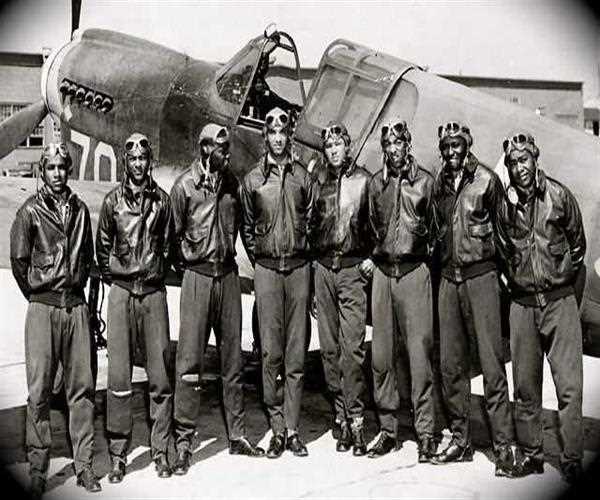From multiple points of view returned Black World War II veterans changed the atmosphere of the South by taking up the consider and deliberate work of destroying racial oppression. They had been the primary Black individuals there to endeavor to enroll to vote since Reconstruction. The six veterans had returned home subsequent to battling for majority rules system in France and England to find that they were still just peons.

When they touched base at the courthouse that race day, fifteen to twenty equipped white men were sitting tight for them. In this way, Evers and his confidants went home to get their firearms. The horde was all the while holding up when they came back to the courthouse, and the six veterans chose not to battle or vote that day. However, that wasn't the end. Both Medgar and his sibling would go ahead to end up essential pioneers in Mississippi's Freedom Movement, Medgar particularly, giving significant help to SNCC and CORE.
While the United States reprimanded Hitler's thoughts of Aryan "matchless quality" in Europe, U.S. deception was presented to Black servicemen and Black regular folks alike in light of the fact that Black individuals stayed peasants in the military and at home. The nation over, Black Americans embraced the "Twofold V" battle, requesting triumph abroad against one party rule and triumph at home finished racial oppression.
Be that as it may, even an isolated military outfitted Black warriors with aptitudes and presented them to a more extensive world, and when Black officers returned home, they connected the new encounters increased through military support of testing Jim Crow. "However, above all [the Army] trained us to utilize arms," noted Robert Williams, a warrior who went ahead to lead the NAACP in Monroe, North Carolina. Dark troopers, similar to Williams and Medgar Evers, returned home alright with firearms and willing to utilize them to ensure their own.
Equipped Black men were at that point one of the biggest feelings of trepidation of white southerners, and the intensity of returning veterans– requesting the vote, utilizing the G.I. charge for advanced education, and making requests on the elected government– caused significantly more alert. Viciousness against Black individuals, and veterans specifically, took off after the war. Only three weeks after V-J Day, the Ku Klux Klan lit a three-hundred foot cross on Stone Mountain in Georgia. Dark houses of worship in Taylor County, Georgia, discovered proclamations holding tight their entryways, perusing "The primary Negro to vote will never vote again."
Be that as it may, such dangers did not hinder Black veterans in their endeavors to bring down racial domination. Indeed, even before he returned home from the war, Amzie Moore joined the NAACP. At the administration station he worked, he declined to hang "white" and "shaded" signs on the bathrooms. "God had put him on a ship and sent him around the globe with the goal that he could see that individuals were practically a similar all finished," he clarified.
Amzie Moore was chosen leader of the nearby NAACP and it developed into the second biggest branch in the state. Helping him in this work was Medgar Evers, who had turned into the state field secretary of the NAACP in 1954. Evers, Moore, and NAACP pioneers over the state– a significant number of whom were war veterans– sorted out voter enrollment endeavors and constructed organizes over the state amid the 1950s.
In the late spring of 1960, the primary year of SNCC's presence, Ella Baker sent Bob Moses to Mississippi to meet Amzie Moore. She had sorted out NAACP branches in the Deep South amid the 1950s and knew the long war Black veterans had been pursuing against racial domination. At the point when SNCC started voter enrollment work in the Deep South, Black veterans made up a basic piece of the more seasoned age of activists who took the youthful coordinators in and demonstrated to them the way.